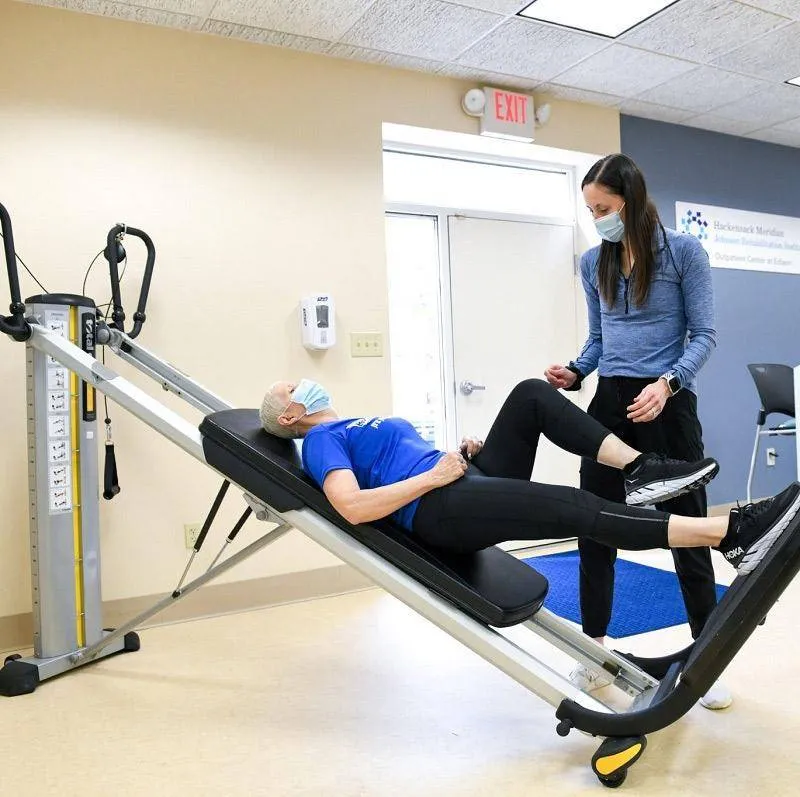Running can be an excellent way to stay fit, but it also has the potential for injury. Physical therapists are here to help runners both prevent injuries and treat them when they do occur.
The ideal physical therapist (PT) will comprehend your goals as a runner and prescribe exercises that fit within your training regimen. They may also suggest stretching and strengthening exercises to keep muscles flexible.
Achilles Tendonitis
Running is a highly repetitive activity that can put undue strain on the Achilles tendon. This condition typically develops with sudden increases in mileage or when there are issues with foot biomechanics that make your Achilles tendon more vulnerable to overuse.
Physical therapists can assist you with pain management, exercises and rehabilitation. They use range-of-motion exercises to restore proper joint movement in the knee, hip and ankle joint which reduces stress on your Achilles tendon.
In most cases, the best way to treat an Achilles tendon injury is rest and offload the area. This involves refraining from any activities that put pressure or weight on the tendon and gradually increasing activity level with walks and short runs for several days.
If the pain persists or it takes longer than usual for it to go away, there could be a sign that you are developing a degenerative type of Achilles Tendinopathy and should seek advice from a physiotherapist.
Plantar Fasciitis
Plantar fasciitis is a condition that causes pain in the bottom of your foot near your heel. It often develops after increasing physical activity levels, such as after running a race or working at a job that requires extensive walking.
Runners may be particularly susceptible to this injury due to abrupt changes in intensity and volume of training. Extending mileage by more than 10% each week can cause overpronation, or excessive foot turning in, which puts additional strain on the plantar fascia.
Physical therapists can assess your gait to detect any abnormalities that could be contributing to plantar fasciitis. They may also suggest stretching and strengthening exercises for increased flexibility and strength.
Treatment for plantar fasciitis usually involves icing and anti-inflammatory medications to reduce inflammation, as well as braces or orthotics to minimize abnormal foot motion. If these treatments don’t provide relief, a corticosteroid injection into the damaged section of plantar fascia may be an effective way to manage symptoms.
Knee Pain
A physical therapist can assist in relieving knee pain and increasing mobility. They utilize various physical therapy techniques like strengthening exercises, stretching exercises, and balance drills to enhance movement while relieving pain.
To effectively treat knee pain, begin with an effective treatment plan and adhere to your therapist’s instructions closely. With dedication to treatment, you should start seeing results quickly.
Your physical therapist (PT) would work on increasing mobility of the knee joint, performing stretching and strengthening exercises that would reduce pain, making it easier for you to move and return to activities such as running.
Your therapist could also utilize kinesiology tape to lift and stabilize the kneecap, potentially decreasing inflammation. They could also give a therapeutic massage which promotes blood flow and alleviates pain.
Hip Pain
If you are a runner who struggles with chronic hip pain that has limited your running, physical therapy could be the solution. This can reduce discomfort and enable you to return to running with proper form, training regimen, and flexibility.
One of the most common causes of hip pain is a tear in the labrum, or circular ring of cartilage around your hip joint socket. Athletes and people who perform repetitive twisting movements have an increased likelihood of developing this condition which may be made worse by stress or overuse.
Other conditions that can cause hip pain include a fracture or trauma to the joint. Your doctor will take X-rays to view any bones in your hip and may order an MRI or bone scan if a rip is discovered.
If you need more information or want to schedule an appointment, please visit our home page or contact us directly.



